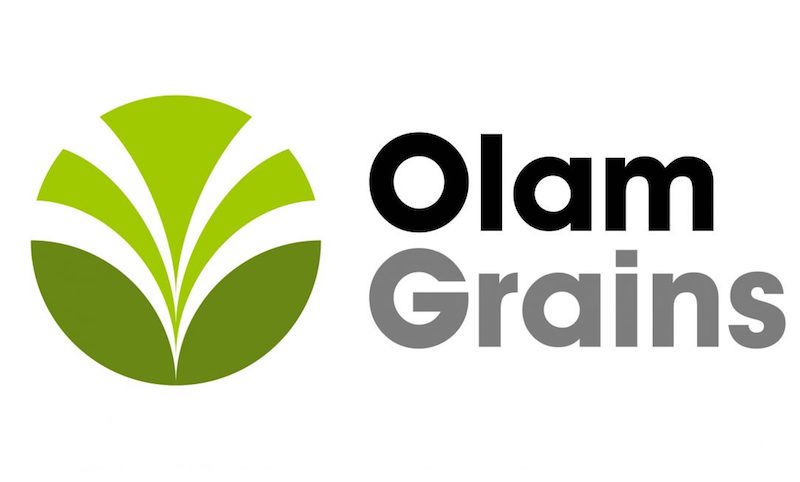Read in
Dike Onwuamaeze
Nigeria is positioned as a major beneficiary of the $200 million loan the International Finance Corporation (IFC), would provide to Olam Agri, subsidiary of Singapore-based Olam Group that has a number agro and industrial businesses in Nigeria.
The subsidiaries of Olam Group in Nigeria include the Olam Nigeria Limited, Outspan Nigeria Limited and Crown Flour Mill Limited.
The loan would be used to finance the purchase of wheat, maize, and soy from Canada, Germany, Latvia, Lithuania, and the United States of America for delivery to members of Olam Group’s processing operations and customers in developing countries that rely heavily on imports of these staple foods.
These include Nigeria, Bangladesh, Cameroon, Chad, Egypt, Ghana, India, Indonesia, Pakistan, Senegal, Thailand, and Turkey.
The loan to Olam Agri would also support flows of key food commodities to developing countries, which have been reliant on sourcing from the Black Sea region.
The goal, according to a joint press release issued by Olam Agri and IFC, is to help ease food price inflation particularly in fragile, conflict-affected, and poorer countries that are net-food importers, which are among the worst affected, and where food purchases comprised an outsized share of disposable incomes.
The Chief Executive Officer, Operations, at Olam Agri, Mr. Neelamani Muthukumar, said: “This facility further supports us to continue to supply staple crops and ensure food security to some of the most populous countries in Asia and Africa most at risk of global food inflation.
“We’re delighted to continue our long-standing partnership with IFC, aligning with Olam Agri’s focus on better access to food and nutrition for the most vulnerable and on strengthening global food security.”
Commenting on the loan, Regional Industry Director, Manufacturing, Agribusiness and Services, Asia Pacific at IFC, Ms. Rana Karadsheh, said: “The impacts of the COVID-19 pandemic, the war in Ukraine, and climate change are having disastrous effects on food security for developing countries, erasing years of hard-won development gains.



